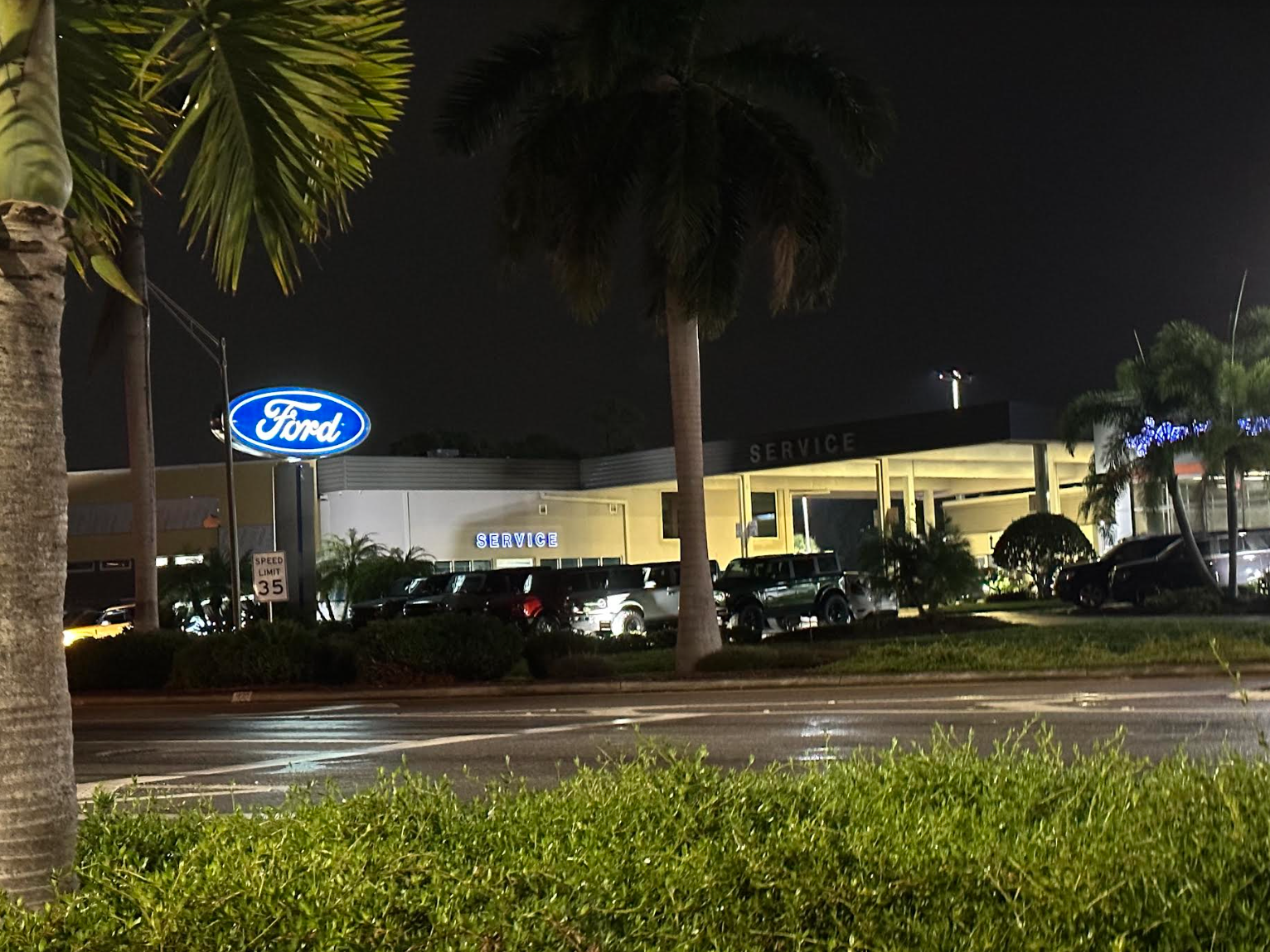The U.S. automotive industry is facing a dilemma. Working conditions, wage disputes and other factors have prompted one of America’s largest unions to initiate targeted strikes as their former work contract expired on Sept. 21 at 11:59 p.m.
Auto workers are striking in many locations across the country as contract negotiations have fallen through between the Auto Workers Union and Ford, General Motors and Stellantis. The first strikes occurred at a General Motors plant in Missouri, a Stellantis plant in Ohio, and a Ford plant in Michigan.
While the disputed union contract covers 145,000 workers, only around 13,000 were on strike initially in Michigan, Missouri and Ohio. While this might seem like a failure of the UAW to organize, it is a calculated strategy to disrupt the industry as much as possible while not overextending union resources. To reduce the amount of union members on strike pay, the president of the UAW, Shawn Fain, opted for the selective strikes as opposed to a general strike. Fain said in a public statement before the contract expired that “this strategy will keep the companies guessing.”
President Joe Biden has weighed in on the matter, but his recent handling of the railway workers strikes in 2022 suggests his support of the UAW could be performative. From the White House on Sept. 15, Biden said that “no one wants a strike, but I respect workers’ rights to use their options under the collective bargaining system.” On Sept. 26, Biden joined the picketers in Michigan, making it seem doubtful that Biden will block strikes as he did in 2022.
While wages remaining stagnant compared to large amounts of profit at the Big Three is the main concern, the UAW has other concessions concerning benefits they want automakers to accept:
- Eliminate Tiers
- Restore cost of living adjustments
- Defined benefit pension for all workers
- Re-establish retiree medical benefits
- Right to strike over plant closures
- Working family protection program
- End abuse of temp workers
- More PTO to be with families
- Significantly increase retiree pay
If this strike were to be successful it would be an unprecedented victory for the American working class as an example of effective collective bargaining. What makes this strike stand out so much is the new approach compared to previous labor disputes between workers and automotive manufacturers. Typically, all the union employees walk off together, then negotiations are focused on a contract between the UAW and one company which the others will copy after negotiation.
Wildfire smoke is not the only thing in the air between Canada and the Northern United States, as grievances against Ford seem to be coming from across the border. Ford was facing even more pressure as the agreement between Ford and Unifor (Canadian general trade union) expired on Sept. 25 with no agreement being reached as of yet. However, the union reached a deal with Ford which appeased the priorities of Canadian auto workers.
The Canadians intended on doing a general strike with every member of Unifor working at Ford to begin striking. Canada has two plants which produce engines for Ford vehicles which would have shut down on Monday night if there was no tentative agreement reached.
Ford hasn’t been silent during negotiations with statements being posted to the Ford corporate website:
“Please remember that Ford, more than any other company, has bet on the UAW and treated the UAW with respect. . . We have gone well beyond any contract language in adding jobs and investment. The future of our industry is at stake. Let’s do everything we can to avert a disastrous outcome.”
Ford in their statement has claimed they offered significant increases on proposed wages, cost of living adjustments, eliminated wage tiers, protected health benefits and added more paid time off. The Catalyst reached out by email to the Ford corporate office in Sarasota for comment but did not receive a reply.
With Ford’s offers still not acceptable to the union, the strikes have begun to grow since no progress has been made in the negotiations. The strike has extended to 18 General Motors distribution centers and 20 Stellantis plants nationwide; this puts 18,300 United Auto Workers on strike or about to strike. With General Motors and Ford utilizing “scabs” (pejorative term for workers crossing picket lines) now at striking plants, this will be a hard-fought battle for the UAW.
Shawn Fain’s actions as UAW President speak for the thousands of unhappy automotive workers who intend to bring Ford to the negotiating table. With Biden behind the demand for 40% wage increases, this strike will certainly set a precedent for democratic support of union bargaining, and if Fain is successful in collective bargaining this will set a precedent for wages being in line with increases in profit.

